7 times Imperial research made you think in 2016

Research can inspire and motivate, subdue and provoke.
In publishing brand new findings, scientists can offer fresh perspectives on the world around us. Sometimes this information is welcomed with open arms, and other times it make us face some harsh realities.
In 2016, Imperial researchers gave pause to many of us with their studies. From climate change analyses to global obesity studies, here are some of the Imperial stories which made us think in 2016.
Waterborne waste
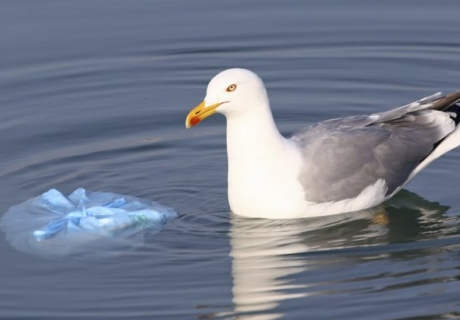 An analysis from one of Imperial’s global institutes revealed in July that a large fraction of UK plastic waste that ends up in the ocean accumulates in the Arctic Ocean, where it can harm all kinds of wildlife.
An analysis from one of Imperial’s global institutes revealed in July that a large fraction of UK plastic waste that ends up in the ocean accumulates in the Arctic Ocean, where it can harm all kinds of wildlife.
The ocean current experts from the Grantham Institute - Climate Change and the Environment who were behind the study presented their findings at the Royal Society Summer Science Exhibition in July.
Read more: UK plastic waste in the ocean ends up in the Arctic
Treating trauma
 Women may be at risk of post-traumatic stress disorder following a miscarriage or ectopic pregnancy. This was the finding of a new study from the Department of Surgery and Cancer which was released in early November.
Women may be at risk of post-traumatic stress disorder following a miscarriage or ectopic pregnancy. This was the finding of a new study from the Department of Surgery and Cancer which was released in early November.
Shining a light on this largely unrecognised phenomenon, the researchers suggested women should be routinely screened for the condition, and receive specific psychological support following pregnancy loss.
Read more: Miscarriage and ectopic pregnancy may trigger post-traumatic stress disorder
Breathe uneasy
 Exposure to air pollution more than 30 years ago may still affect an individual's mortality risk today, research from the MRC-PHE Centre for Environment and Health at Imperial highlighted.
Exposure to air pollution more than 30 years ago may still affect an individual's mortality risk today, research from the MRC-PHE Centre for Environment and Health at Imperial highlighted.
As sobering as the findings were, lead author Dr Anna Hansell added: "It's important to remember that the effects of air pollution are small compared to other risk factors. Your risk of dying early is much more dependent on other aspects of your lifestyle, like whether you smoke, how much you exercise, whether you are overweight, as well as on medical factors like your blood pressure.”
Read more: Exposure to air pollution 30 years ago associated with increased risk of death
Poor signal
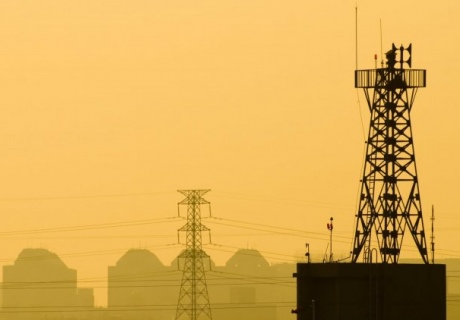 In May, a study from the Business School revealed that wealth inequalities in the US also encompassed the amount of mobile phone coverage people get. Published in Telecommunications Policy, the study found that lower-income regions in the United States receive almost 15 percent less network coverage compared to more affluent areas.
In May, a study from the Business School revealed that wealth inequalities in the US also encompassed the amount of mobile phone coverage people get. Published in Telecommunications Policy, the study found that lower-income regions in the United States receive almost 15 percent less network coverage compared to more affluent areas.
Read more: Mobile coverage tends to be worse in poor neighbourhoods, says study
Understanding AI
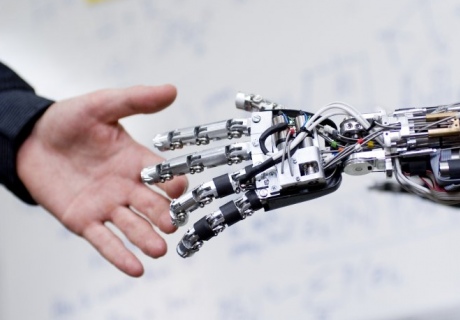 “In science fiction there is a tendency to anthropomorphise [artificial intelligence] – to treat it as if it were equivalent to a human – and make it evil. This makes a good story but it doesn’t help us to think through what the technology we build might actually be like.”
“In science fiction there is a tendency to anthropomorphise [artificial intelligence] – to treat it as if it were equivalent to a human – and make it evil. This makes a good story but it doesn’t help us to think through what the technology we build might actually be like.”
These words from Imperial AI expert Professor Murray Shanahan came in the run up to the launch of the Leverhulme Centre for the Future of Intelligence. Drawing on his academic work, and linking it to his consultancy work on the feature film Ex Machina, Professor Shanahan gave us all pause for thought on the opportunities and challenges AI represents, and how it might impact humanity.
Read more: Artificial intelligence: a force for good or evil?
Thin ice
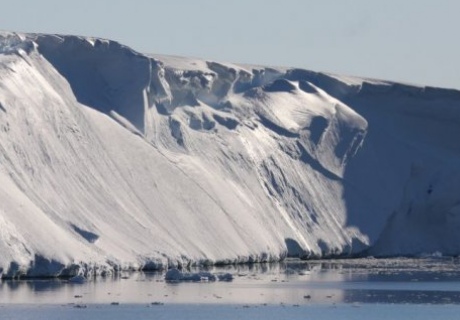
Totten Glacier. Credit: Esmee van Wijk/Australian Antarctic Division
Read more: Scientists predict extensive ice loss from huge Antarctic glacier
Weight of the world
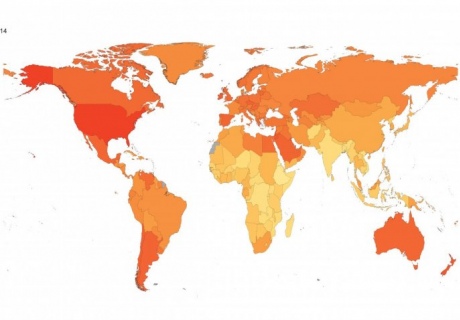 More than one in ten men and one in seven women across the globe are now obese, a study from the School of Public Health revealed in March. The most extensive study of its kind, the research findings translate to a total of 266 million obese men and 375 million obese women in the world in 2014. It also means the world’s population has become heavier by around 1.5kg in each subsequent decade since 1975.
More than one in ten men and one in seven women across the globe are now obese, a study from the School of Public Health revealed in March. The most extensive study of its kind, the research findings translate to a total of 266 million obese men and 375 million obese women in the world in 2014. It also means the world’s population has become heavier by around 1.5kg in each subsequent decade since 1975.
Read more: World's obese population hits 640 million, according to largest ever study
–
Enjoy reading Imperial’s research and College news? Be the first to catch our stories with Imperial Today – the daily email bulletin of the College’s freshest online news and digital content. Sign up for Imperial Today.
Article text (excluding photos or graphics) © Imperial College London.
Photos and graphics subject to third party copyright used with permission or © Imperial College London.
Reporter
Andrew Youngson
Communications Division